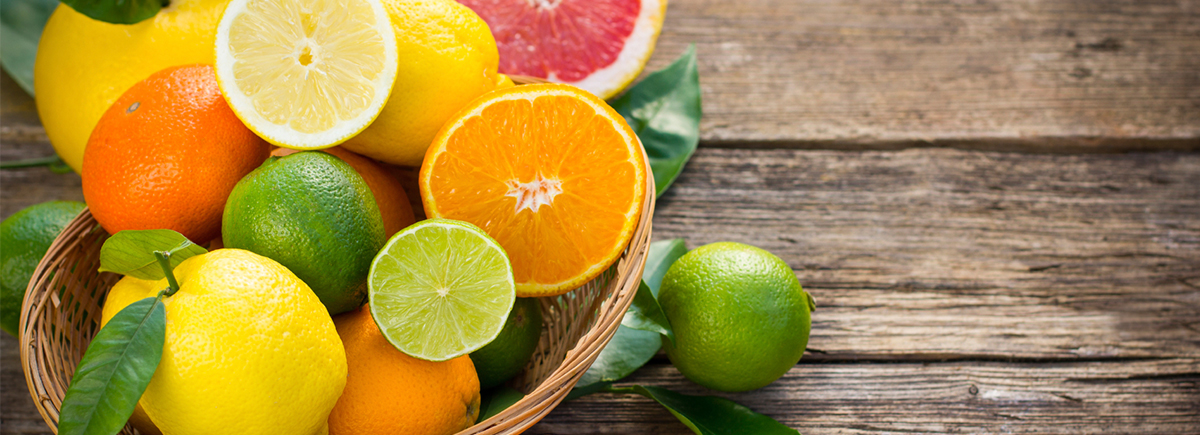In the world of health and wellness, new superfoods are constantly emerging, offering a range of benefits from improved digestion to enhanced immunity. One such superfood that has garnered significant attention in recent years is blue spirulina, often referred to as “Blue Wonder” due to its vibrant color and myriad of health benefits. Known scientifically as Arthrospira platensis, blue spirulina is a type of cyanobacteria, a group of microalgae that grows in both freshwater and saltwater. But what exactly makes this nutrient-dense blue powder so special, and how can it benefit our health?
What is Blue Spirulina?
Blue spirulina is a derivative of green spirulina, another form of cyanobacteria that has been celebrated for its impressive health benefits. While green spirulina contains a high level of chlorophyll, which gives it its green color, blue spirulina owes its distinctive hue to a natural pigment called phycocyanin. Phycocyanin is a powerful antioxidant with a range of beneficial properties, making blue spirulina stand out not only for its color but also for its nutrient profile.
This blue powder is often used as a supplement or as a food additive in smoothies, energy bowls, shakes, and even snacks, adding a unique blue color and a host of health benefits.
Nutritional Profile of Blue Spirulina
Blue spirulina packs an impressive punch when it comes to nutrients, offering a variety of vitamins, minerals, and antioxidants. Here’s a breakdown of some of its most notable components:
-
Phycocyanin: As mentioned earlier, phycocyanin is the pigment responsible for the blue color of spirulina. Beyond its aesthetic appeal, phycocyanin is a potent antioxidant that helps combat oxidative stress in the body. It has anti-inflammatory properties and is known to promote a healthy immune system.
-
Protein: Spirulina is rich in protein, containing all nine essential amino acids. This makes it a complete protein source, which is beneficial for those on plant-based or vegetarian diets looking for a non-animal protein source.
-
Vitamins and Minerals: Blue spirulina contains vitamins such as B1 (thiamine), B2 (riboflavin), B3 (niacin), B6, B9 (folate), and Vitamin E. Additionally, it is packed with essential minerals, including iron, magnesium, potassium, and calcium. These nutrients support various bodily functions, such as energy production, muscle function, and bone health.
-
Antioxidants: The primary antioxidant in blue spirulina, phycocyanin, not only provides the color but also plays a crucial role in fighting free radicals that can cause cell damage. The antioxidants in blue spirulina also contribute to reducing the signs of aging and lowering the risk of chronic diseases such as heart disease and cancer.
-
Omega-3 Fatty Acids: While spirulina is not a significant source of omega-3s compared to fatty fish, it does contain some of these healthy fats, which are known for supporting heart health and brain function.
Health Benefits of Blue Spirulina
Now that we understand the nutritional content of blue spirulina, let’s explore the specific health benefits it offers. Whether you’re seeking to boost your immune system, improve your skin, or optimize your energy levels, blue spirulina may be a beneficial addition to your diet.
1. Boosts Immune System
One of the key benefits of blue spirulina is its ability to support the immune system. The antioxidants, especially phycocyanin, help to protect cells from oxidative stress, which can weaken the immune system and increase the risk of infections. By neutralizing free radicals, blue spirulina enhances the body’s ability to ward off diseases and promotes overall immune health. Regular consumption may help improve the body’s defense mechanisms, making it more resilient to illnesses.
2. Anti-Inflammatory Properties
Chronic inflammation is at the root of many diseases, including heart disease, diabetes, and autoimmune disorders. The phycocyanin in blue spirulina has strong anti-inflammatory properties, which can help reduce inflammation throughout the body. By mitigating inflammation, blue spirulina may lower the risk of chronic conditions and help manage symptoms for those already dealing with inflammatory diseases.
3. Supports Brain Health
Spirulina has been shown to enhance cognitive function and protect against neurodegenerative diseases. The antioxidants in blue spirulina, particularly phycocyanin, protect brain cells from oxidative stress, which is linked to cognitive decline and conditions like Alzheimer’s. Additionally, the amino acids and essential fatty acids in spirulina support healthy brain function, improving focus, memory, and overall mental clarity.
4. Promotes Healthy Skin
The powerful antioxidant content in blue spirulina can benefit the skin by fighting free radicals that cause aging and damage to skin cells. It has been shown to help reduce the appearance of wrinkles and fine lines while also promoting skin healing. Moreover, the anti-inflammatory properties of blue spirulina can help reduce acne and other skin irritations by calming inflammation.
5. Improves Digestive Health
Blue spirulina is also known for supporting digestive health. It contains a range of essential nutrients that help maintain a healthy gut, including magnesium, which plays a role in muscle contraction and digestion. Additionally, spirulina has been shown to promote the growth of beneficial gut bacteria, enhancing overall gut flora and aiding in digestion. This can contribute to improved digestion and help alleviate conditions like bloating, constipation, and indigestion.
6. Enhances Energy Levels
The high protein and iron content in blue spirulina makes it an excellent supplement for boosting energy. Protein is vital for building and repairing tissues, while iron plays a key role in oxygen transport in the blood. Regular consumption of blue spirulina can help combat fatigue, improve endurance, and promote sustained energy levels throughout the day. It’s an ideal natural supplement for athletes or anyone looking to improve their energy and performance.
7. Detoxification
Blue spirulina is known for its detoxifying properties, helping the body eliminate harmful toxins. Phycocyanin has been shown to assist in detoxifying the liver, promoting the removal of waste products from the body. This detoxification process can improve overall health by reducing the load on internal organs and enhancing metabolic function.
How to Incorporate Blue Spirulina into Your Diet
Incorporating blue spirulina into your diet is easy and can be done in several ways. Here are a few simple ideas:
-
Smoothies: Add a teaspoon of blue spirulina powder to your morning smoothie. It pairs well with fruits like bananas, pineapples, and berries.
-
Energy Bowls: Top a bowl of yogurt or acai with blue spirulina for an extra boost of nutrients and a vibrant blue color.
-
Smoothie Bowls: Blend blue spirulina with your favorite fruits and liquid to create a nutritious, colorful smoothie bowl.
-
Baking: Blue spirulina can also be incorporated into baking recipes such as pancakes, muffins, or energy bars for a natural, healthy boost.
-
Lemonade or Water: Mix a small amount of blue spirulina powder into your water or lemonade for a refreshing drink.
Conclusion
Blue spirulina, or “Blue Wonder,” offers a unique combination of antioxidants, vitamins, minerals, and proteins that can help support overall health. Whether you’re looking to boost your immune system, improve brain function, enhance skin health, or increase energy, blue spirulina is a powerful, nutrient-rich addition to your diet. With its vibrant blue color and remarkable health benefits, blue spirulina is certainly a superfood that deserves a place in your wellness routine. As always, it’s important to consult with a healthcare provider before adding any new supplements to your diet, especially if you have any underlying health conditions.




